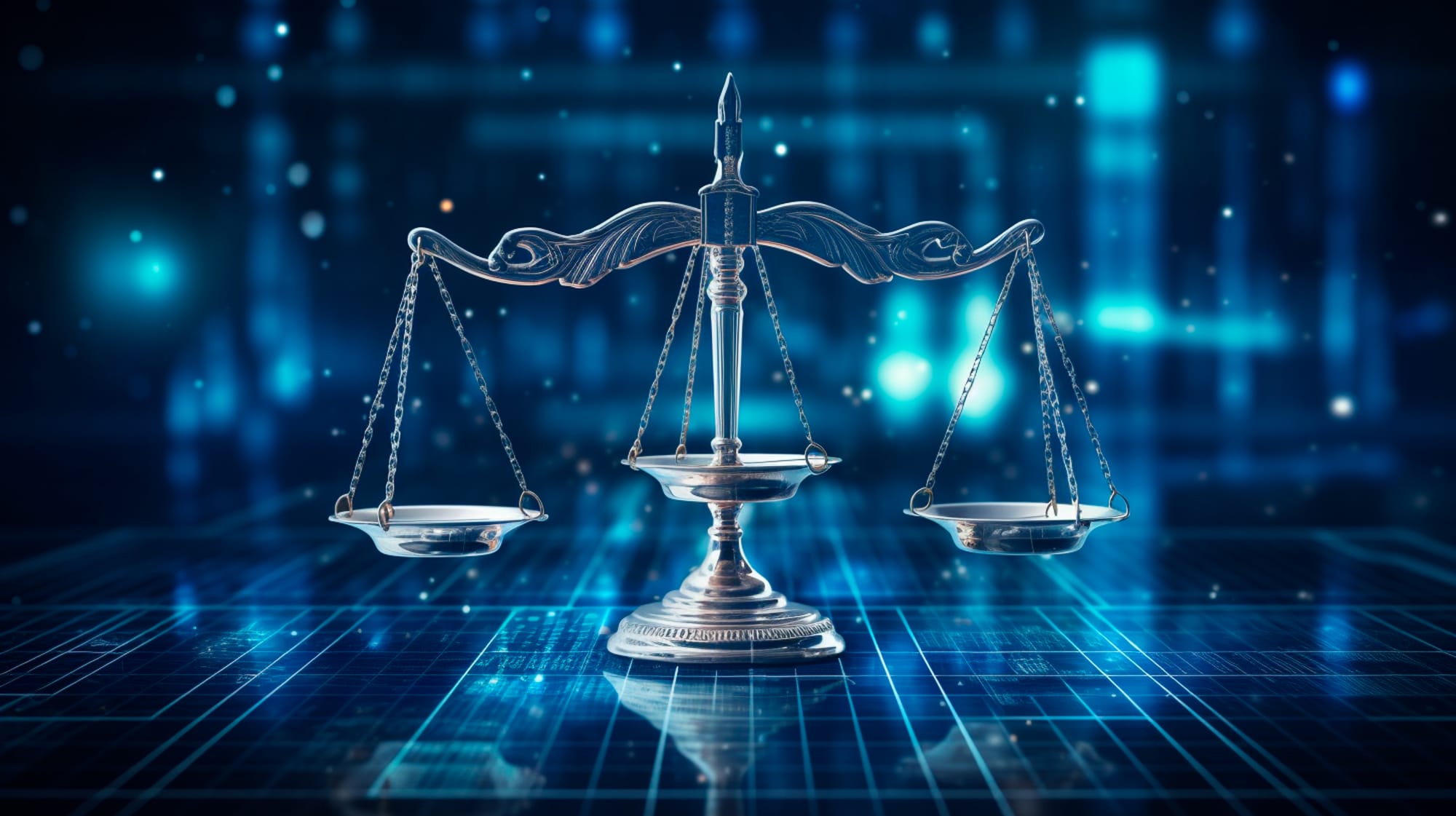Cybersecurity: A Balance Between Security and Convenience

Juggling security and convenience can be a real challenge. Getting it right is essential, but it can be challenging. Security measures can do the job, but they can also make things more complicated. Sometimes, prioritizing convenience can leave us open to attacks. Whether security or convenience should come first depends on the situation. Just remember that finding the right balance is an ongoing process. We need to be adaptable and flexible to keep things in check. The goal is to have adequate security that minimizes risks while maximizing convenience.
Cybersecurity measures are essential to protect businesses, jobs, health, and lives worldwide. Here are some examples that showcase the adverse outcomes of inadequate cybersecurity measures:
Equifax Data Breach (2017):
One of the most prominent credit reporting agencies, Equifax, suffered from a massive data breach that exposed the personal information of over 147 million people.
Financial Losses: Equifax faced significant financial losses due to lawsuits, regulatory fines, and a drop in its stock price.
Reputation Damage: The incident severely damaged Equifax's reputation and trust among consumers.
WannaCry Ransomware Attack (2017):
The WannaCry ransomware attack impacted healthcare systems, including the UK's National Health Service (NHS), causing widespread disruption. Hospitals had to cancel appointments and redirect patients due to the inability to access critical systems.
Lives Affected: Patients' lives were directly affected as patient care was delayed or compromised, highlighting the real-world consequences of cyberattacks on healthcare infrastructure.
SolarWinds Supply Chain Attack (2020):
The SolarWinds supply chain attack infiltrated numerous government agencies and corporations worldwide, compromising the software supply chain.
National Security Implications: The incident raised concerns about national security as sensitive government agencies, including the US Department of Defense and the Department of Homeland Security, were compromised.
Job Implications: The incident led to increased scrutiny of supply chain security practices, which may lead to potential job changes for cybersecurity professionals.
Colonial Pipeline Ransomware Attack (2021):
The ransomware attack on Colonial Pipeline disrupted fuel supplies along the East Coast, leading to panic buying and fuel shortages.
Economic Consequences: The attack had significant consequences due to disrupted fuel distribution and increased fuel prices.
Public Safety Concerns: The incident raised concerns about the vulnerability of critical infrastructure to cyberattacks and underscored the potential risks to public safety.
These examples show inadequate cybersecurity measures can negatively affect businesses, jobs, health, and lives worldwide. Therefore, organizations must prioritize cybersecurity measures and invest in robust defenses to prevent such incidents from happening in the future.

